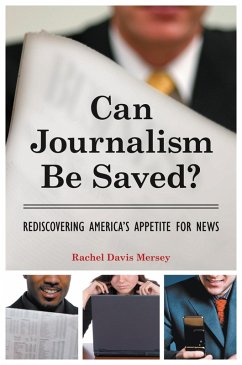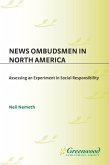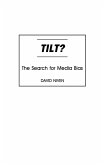This book challenges the once-dominant social responsibility model and argues that a new, "individual-first" paradigm is what will allow journalism to survive in today's crowded media marketplace. By some measures, it would seem that print journalism is dying. Journalism recently suffered one of its worst circulation declines in years: a drop of more than ten percent in the a six month period ending September 30, 2009. The Rocky Mountain News in Denver, CO, closed its doors in 2009-after it dominated the AP awards in 2008, and was lauded for an investigative expose on unfair treatment of former nuclear workers. Even the New York Times and the Washington Post are experiencing financial trouble. But print advertising revenue still trumps online advertising revenue ten-fold. Is there hope yet for traditional journalism? This book reviews the complicated challenge facing journalism, tracing its 19th-century community-oriented origins and documenting the vast expansion of the news business via blogs and other Internet-enabled outlets, user-generated content, and news-like alternatives. The author argues that a radical shift in mindset-striving to meet each individual's demands for what he wants to know-will be necessary to save journalism.
Hinweis: Dieser Artikel kann nur an eine deutsche Lieferadresse ausgeliefert werden.
Hinweis: Dieser Artikel kann nur an eine deutsche Lieferadresse ausgeliefert werden.









